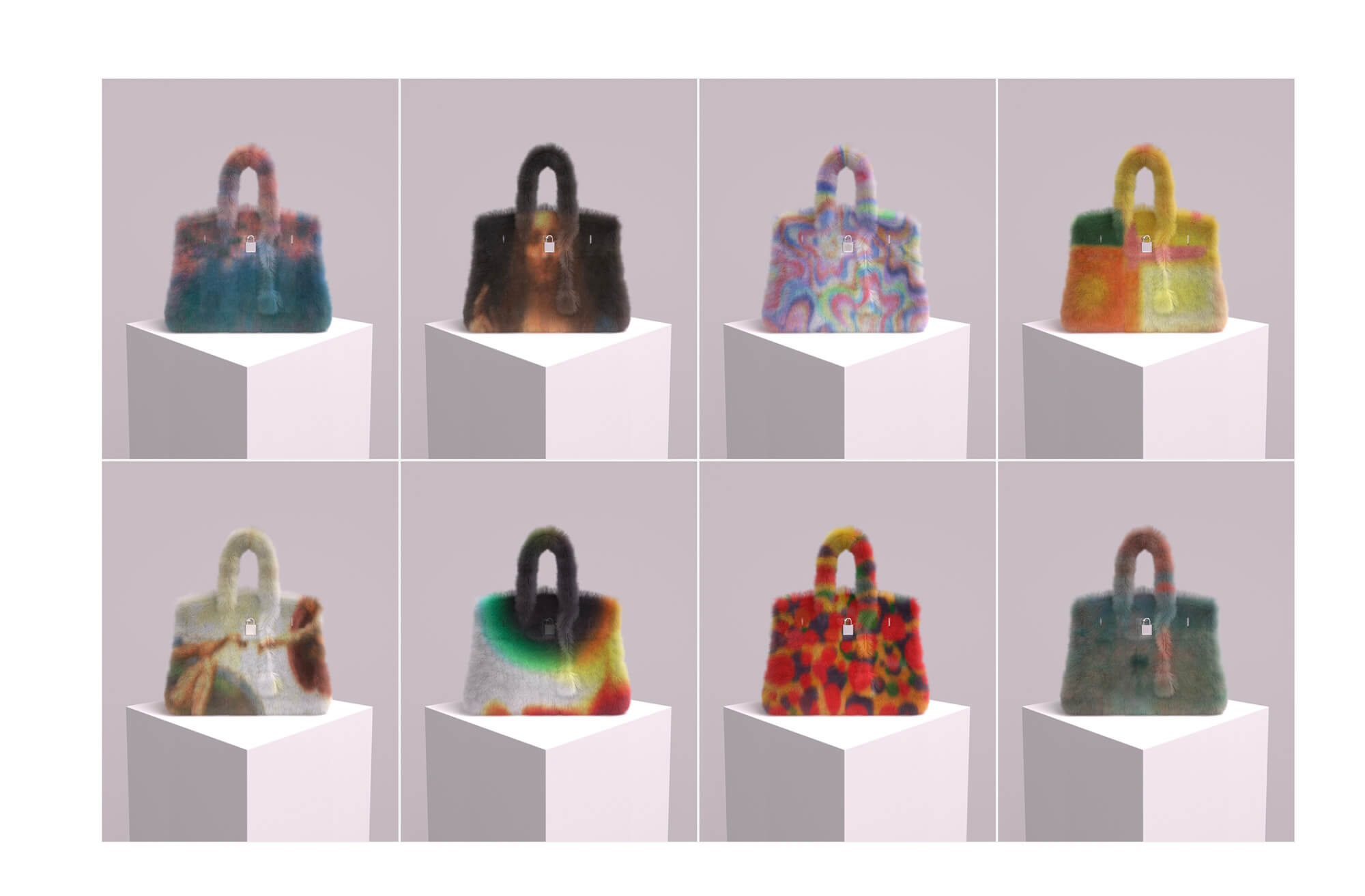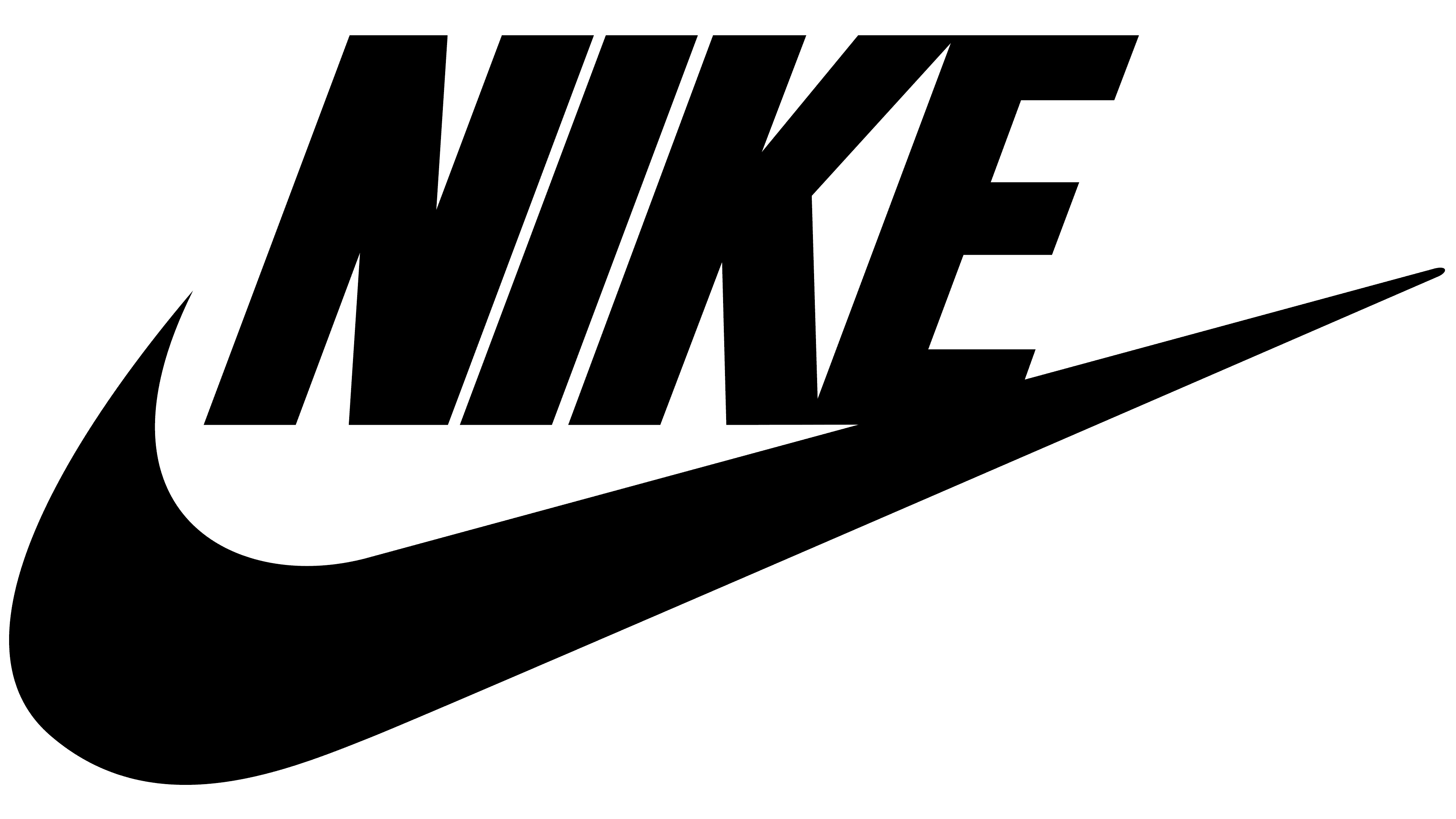Hermes Wins Case Against NFT Artist
Takeaway: NFT artists should be more cautious moving forward, as Hermes wins big case against “Metabirkins” NFT creator.

Luxury brand Hermes successfully sued and won a case against Los Angeles designer Mason Rothschild for infringing and diluting Hermes’ famous trademarks. More specifically, Rothschild unlawfully created “MetaBirkins” NFTs (non-fungible tokens) of Hermes’ iconic Birkin handbag and cybersquatted on MetaBirkins.com domain name. As a result, Rothschild must pay $110,000 in profit and resale commissions and $23,000 in damages for cybersquatting.
Rothschild’s attorneys continue to claim that the NFTs were art. They also claim that “MetaBirkins” was the name of the artwork and entitled to First Amendment protection. It is expected that Rothschild will appeal.
While this case does not settle the debate over NFTs and intellectual property rights, it may cause NFT artists to be more cautious with their creations.
Image Credit: cnn.com/style/article/hermes-metabirkin-trial-nfts/index.html
USPTO Warns Trademark Customers of Spam Calls
Takeaway: If you have applied for or received a trademark, be vigilant against scammers looking for personal information. When in doubt, consult an attorney if you are contacted from an agency claiming to be the USPTO.

The USPTO has warned trademark customers that scammers pretending the agency are calling and tricking individuals for money or personal information. The USPTO wants to remind the public that it will “never ask for your personal or payment information, such as your Social Security number or credit card details over the phone.”
Scammers impersonating the USPTO are not new for the agency, but scammers are continuously getting more creative. For example, they will send letters using official-sounding names like “U.S. Trademark Compliance Office,” and filled with dense legal language, convincing logos, and specific references to a brand owner’s trademark registration.
If you own or have applied for a trademark, be vigilant for scammers, and when in doubt, consult with an attorney before providing any personal information regarding your trademark.
EU’s Unified Patent Court Set to Launch June 1
Takeaway: The EU Unified Patent Court, designed to streamline EU legal proceedings, set to launch on June 1, but current patent owners may want to opt-out.
The European Union’s Unified Patent Court (UPC) is set to launch on June 1, 2023. The court is designed to allow patent disputes to be litigated across numerous EU nations through one legal proceeding. The court will be effective in 17 countries, with other countries having the option to join later.
This new change is expected to significantly reduce delays and save money, but current patent owners are not required to participate. Starting March 1st, owners of current patents can opt out of the new court. The main advantage of opting-out is that the patent is then not subject to the central jurisdiction of the UPC. More specifically, opting-out from the UPC system eliminates the risk of losing the patent due to a single court decision for the whole territory of those EU countries which take part in the UPC system.
In addition to disputes over traditional European patents, the UPC will also hear cases over a new Unitary Patent (UP). This UP covers multiple countries without validation requirements and is also set to launch on June 1, 2023.
USPTO Seeks Comment on AI Inventorship
Takeaway: As artificial intelligence is becoming rapidly more important, the USPTO is asking the public for comments on its role in patent law moving forward, such as who can be the inventor of their innovations and what they create.

Last year in the case of Thaler v. Vidal, the Federal Circuit decided not to allow an artificial intelligence machine to be named as an inventor of two patents. Now, the USPTO has requested the public for their comments on the role of AI inventorship.
Since the Thaler decision, the USPTO is recognizing that the uncertainty of AI inventorship is rapidly becoming more important. More specifically, the USPTO states that “if these technologies are in fact capable of significantly contributing to the creation of an invention, the question arises whether the current state of the law provides patent protection for these inventions.”
The appellate court wrote that resolving this issue requires a review of the language of the Patent Act, which specifically defines inventors as “individuals.” Thaler is currently appealing to the U.S. Supreme Court, but the Supreme Court has not yet to decide whether it will hear the case.
The USPTO’s call for feedback will remain open until July.
Nike Sued For Alleged Unlicensed Use of Font for Marketing
Takeaway: Some fonts may be copyrightable and may need to be licensed for their use, so be cautious in promotional material to not infringe on copyrighted typefaces.

Production Type, a French design company who creates and licenses font typeface software and designs, has filed a copyright infringement lawsuit against Nike, alleging the sporting goods company used portions of its “Kreuz” font software without authorization. As a result, Production Type lost substantial revenue.
In the lawsuit filed with the New York federal courts this month, Production Type states that Nike’s use of its font requires a license that Nike did not obtain. The font itself was used in Nike in-store display material, product packaging, online advertising, and audio and visual promotions. More specifically, in December 2019, Nike purchased some licenses of Kreuz condensed light font in December 2019. However, the company went on to download the condensed regular, condensed medium, extended light and medium font versions of the software.
According to the lawsuit, Nike has refused to stop using the unlicensed fonts despite Production Type’s issuance of several cease-and-desist letters.
Production Type is looking to recoup $150,000 per infringement. As well, it is asking the court to prohibit Nike from using its copyrighted material, as well as destroying of all copies of work and software in the defendant’s possession that include the unlicensed font.
Cislo & Thomas LLP Spotlight
Cislo & Thomas LLP | Stay Informed
At Cislo & Thomas, we aim to always keep you informed on all things intellectual property.
Feel free to subscribe to our YouTube Channel, where many of your intellectual property questions are answered! Check out our most recent video from Dr. Wook Pak in his series on Common Patent Misconceptions:



